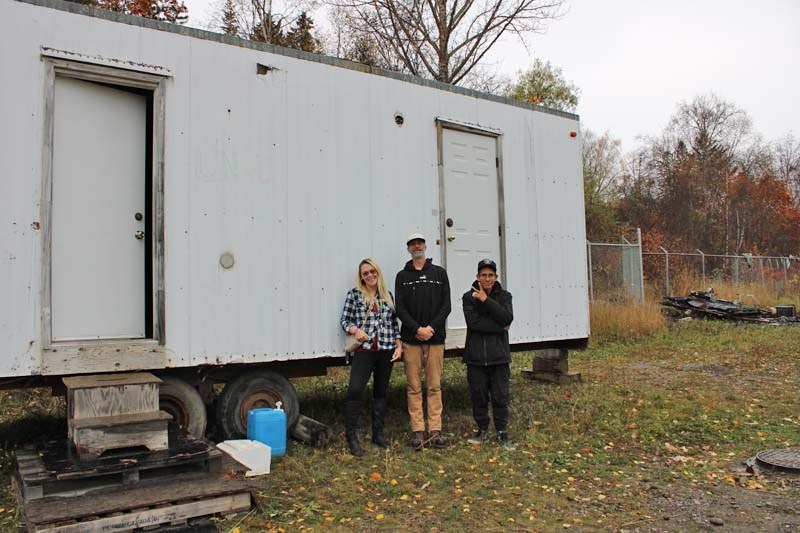British Columbia has introduced a policy of decriminalization as part of what it says is an overall plan to prevent overdose deaths from illicit drugs, but a drug user group in Prince George doesn’t think it will have much impact.
“I think it's definitely not the end all, be all answer,” said Katt Cadieux, the founder and executive director of Uniting Northern Drug Users Undoing Stigma (UNDU), an Indigenous-led, peer-run, grassroots drug user group that focuses on harm reduction.
“I just don't feel like it's really that big of a response. It’s a starting response, but there’s a lot of work that needs to be done around it.”
Drug users will now be allowed to carry up to a total of 2.5 grams of opioids such as heroin and fentanyl, as well as crack and powder cocaine, methamphetamine and MDMA, also known as ecstasy.
B.C.'s application to the federal government called for 4.5 grams, but police requested one gram before a decision by Ottawa to allow a cumulative 2.5 grams.
Cadieux said that 2.5 grams is also not realistic, and that she wished the government would have listened to advocates who were calling for an increased amount.
“It might work for people who are just surviving day to day from one fix to another fix and are only able to pick up small amounts at a time,” said Cadieux. “But there's so much information missing.”
She said there are a lot of grey areas that need to be looked at, adding that she’s heard concerns from drug users about whether or not drugs contaminated with benzos would still qualify for decriminalization.
“Almost everything has benzos in it,” added Cadieux.
However, the Ministry of Mental Health and Addictions has clarified that individuals will not be criminalized for any contaminants present in their drugs, including benzodiazepines.
Cadieux said she wishes the government had worked with drug users groups and other advocates that could offer support and education to inform drug users of the finer details involved with decriminalization.
The B.C. government says decriminalization is one tool it is using to deal with the toxic drug supply.
Substance users who carry up to the maximum threshold will no longer be arrested or charged, and police will not seize their drugs.
Instead, police will be handing out so-called resource cards with information on where people can access services in their community.
However, drug users and advocates are concerned that services will not be available when people are ready to use them, especially in rural and remote communities.
“Most of the recommendations or places they are wanting to connect them with is basically treatment,” said Cadieux.
“You can't force it - it's around that same lines as trying to force somebody to get off substances. You can't force people. It has to be their own choice.”
She said there also needs to be supports available including sufficient housing, financial stability, as well as a connected and compassionate support group for treatment to be successful, services that are severally lacking or inaccessible in Prince George and many northern and rural communities.
“The police aren’t reaching out to us, and they're not saying 'hey what do you guys do and what role and services you offer? And could we send them to your way? Could you connect them with community resources?' There’s none of that happening and there was none of that prior.”
Cadieux said she doesn’t think the new policy will have much affect on drug users and that more education is needed.
“If they really want to start undoing stigma, and working with people instead of punishing them for being a substance user, they need to reach out and work collaboratively with the whole community including drug user groups and organizations, because obviously, we're going to be the grassroots connection to it all.”
The decriminalization policy is a pilot project that will continue until Jan. 31, 2026, after a federal exemption from the Controlled Drugs and Substances Act.
The federal and provincial governments say they will work together to monitor indicators related to health and criminal justice, for example.
Trends in substance use, interactions with police and public perceptions of people who use drugs are expected to be included in the data, as well as input from drug users. The evaluation will be done by the Canadian Institutes of Health Research.
- with files from the Canadian Press




